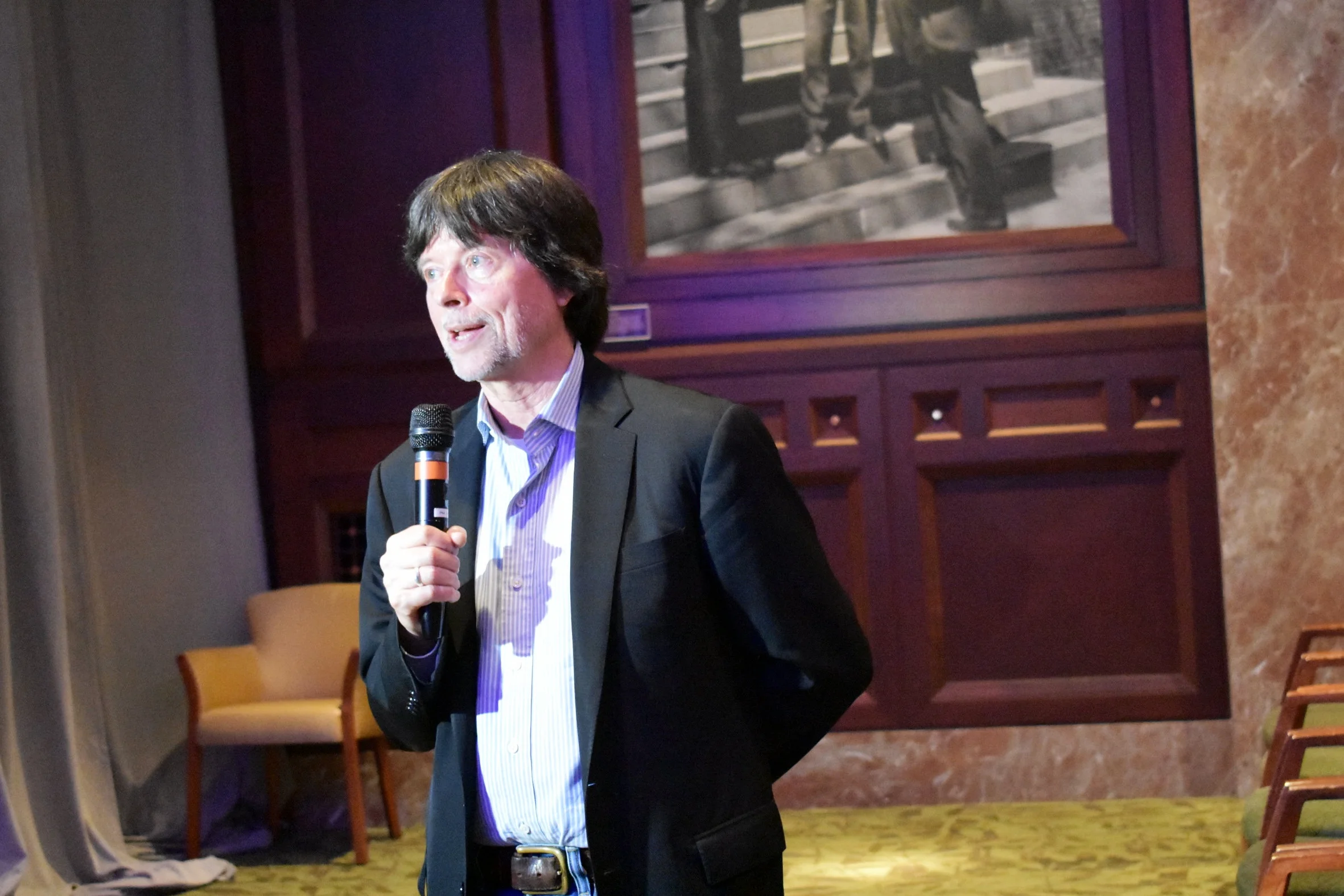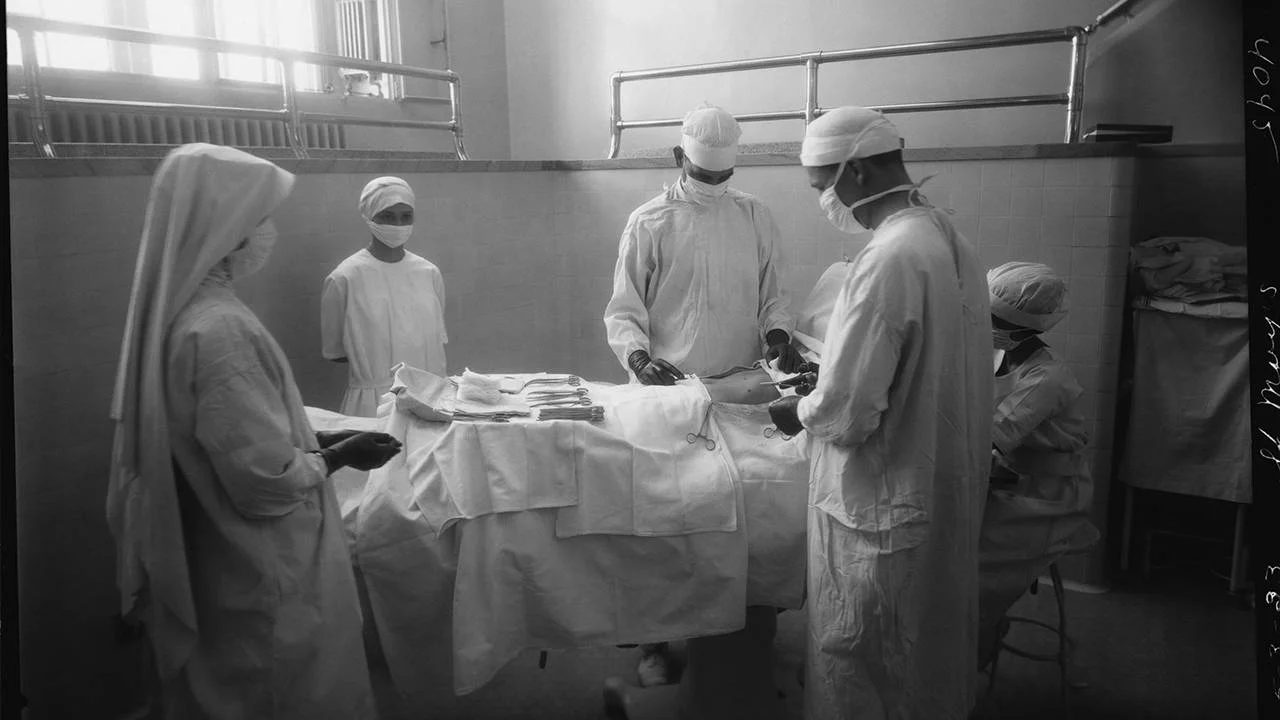Ken Burns focuses his lens on the Mayo Clinic
Chances are you have seen a film by Ken Burns.
The acclaimed documentarian has explored some of America's most defining subjects and events over the course of his 40-year career.
The Civil War. Thomas Jefferson. Baseball. Jazz. The Vietnam War.
On Wednesday, Burns was in Rochester to talk about his latest film focused on what he described as another "quintessentially American story."
That, of course, is the history of the Mayo Clinic.
"We were drawn to this just by wondering how was it is that this place could, with its extraordinary history, have done what it has," said Burns, who served as the executive director of the film.
For the past several years, Burns and his team have been coming to town to work on the project. The documentary, due out in September, tells the story of how the clinic — guided by its patient-first approach — evolved from a small practice into one of the world's foremost medical centers, and along the way introduced a model that would be adopted hundreds of times over.
“I think you have paid enormous respect to the Mayo Clinic with the care and precision and love that you put into this film," Dr. John Noseworthy, Mayo's president and CEO, told Burns at an event for staff on Wednesday.
About 500 Mayo employees, who were chosen by lottery, had the opportunity to view selected clips from the two-hour film, along with an in-person discussion between Burns and Dr. Noseworthy.
The clips revealed a documentary that intertwines the historical narrative of Mayo Clinic, dating back to the collaboration between W.W. Mayo and the Sisters of St. Francis, with stories from the present.
In one of the scenes, for instance, a professional violinist is able to perform again after undergoing deep brain stimulation surgery.
“I’ve seen this 50 times, and it never fails to just move me to my core," said Burns, "and I hope you feel very, very proud that you are a part of an institution that could take the life of one person and make it better.”
To produce the film, Burns and company collected over 80 hours of footage, including interviews with patients and staff. They even had the chance to speak with the late Sister Generose, a central figure in Mayo's history. Following her death in 2016, the crew traveled to Rochester to capture the closing of the Plummer Building doors in her honor.
“There’s something about all of that stuff that is not actually necessary to the process of healing people at first blush," said Burns. "The art that’s here. The ceremony. The ritual ... It really means something. It’s not for show. It’s baked into what makes this — whatever the secret sauce is."
Burns, who shares credits on the film with Erik Ewers, Christopher Loren Ewers, Julie Coffman and David Blistein, said they went into the process with a critical lens but ultimately found the story to be an overwhelmingly positive one. He said that in an age when we're struggling to figure out how to deal with fundamental questions about health care, what the Mayos have done may be a model worth paying closer attention to.
"We just hope that by making a film that we’ve helped to sort of sow the seeds of curiosity about how [Mayo] works," said Burns, "and that one might reconfigure health care in a complicated and pretty broken system."
"The Mayo Clinic: Faith, Hope, Science" will air on PBS Sept. 25-26.








